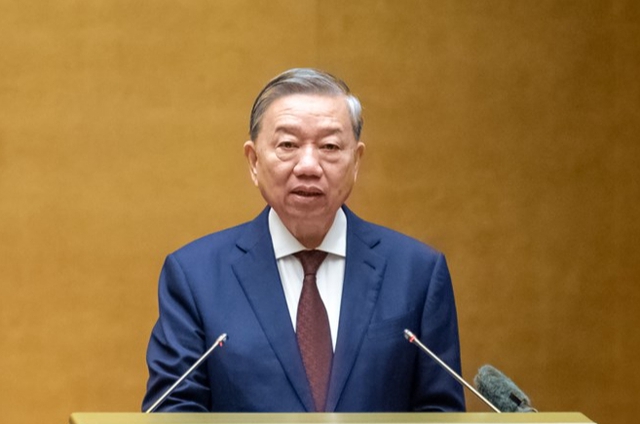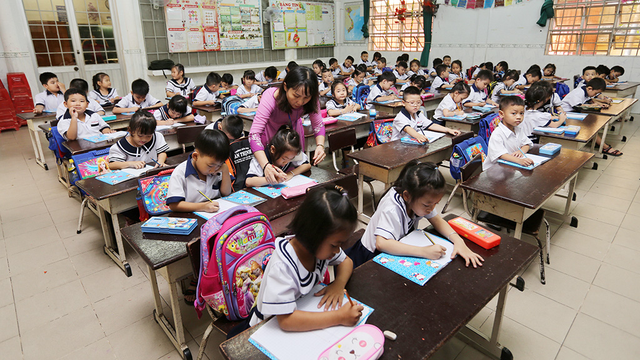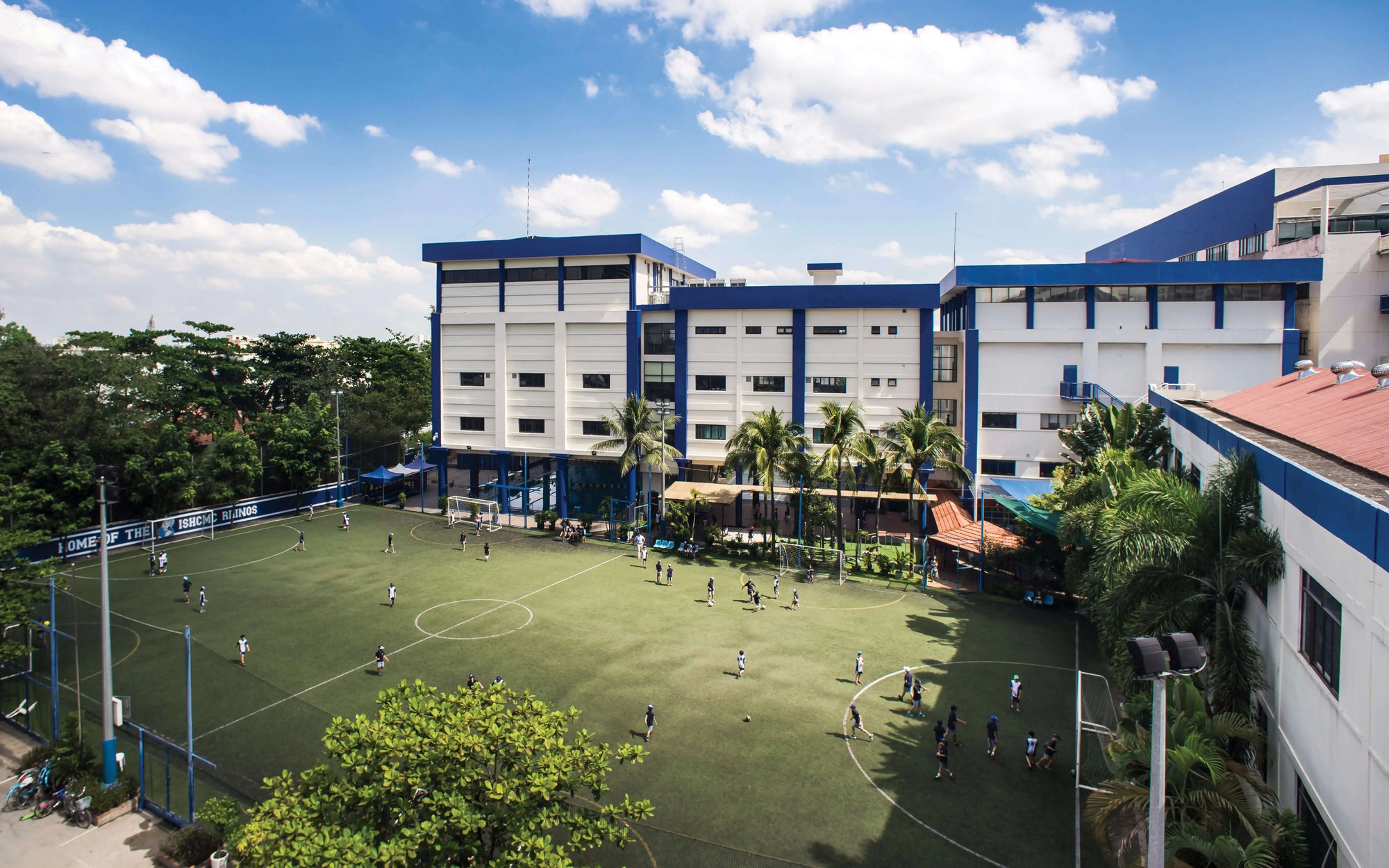
Vietnam to offer free full-day schooling for elementary, middle school students from 2025-26 academic year
Vietnam’s Party General Secretary To Lam has called on the education sector and local authorities to prepare for free full-day schooling at elementary and middle school levels starting from the 2025-26 academic year.

Vietnam’s Party General Secretary To Lam. Photo: QUOCHOI.VN
According to a recent announcement from the Party Central Committee's Office, the directive follows a working session held on April 18 between the Party leader, the central government, and various ministries to evaluate education reform efforts and discuss policy breakthroughs.
Lam endorsed the policy of implementing two-session school days—morning and afternoon classes—based on each locality’s available infrastructure, funding, and teaching staff.
The program will be free of charge, aiming to reduce pressure on students while improving education quality through enhanced cultural and arts instruction.
He emphasized a phased implementation plan, combining state investment with encouragement for social contributions.
The Ministry of Education and Training, alongside relevant ministries and local authorities, has been tasked with preparing facilities, curriculum, and personnel to support the policy starting from the 2025-26 school year.
The Party chief approved a policy to provide free school lunches to students in border communes, prioritizing ethnic minority and disadvantaged children.
Provinces are encouraged to develop semi-boarding and full-boarding inter-level schools in these areas to improve living and learning conditions.
Such schools must be equipped with adequate classrooms, labs, clean water, kitchens, restrooms, playgrounds, and teacher accommodations.
In border areas, language education should include the language of neighboring countries to foster cross-border people-to-people exchanges.

Students at an elementary school in District 12, Ho Chi Minh City. Photo: Nhu Hung / Tuoi Tre
During the free lunch program’s implementation, inspection and supervision must be strengthened, and any reduction in students' meal standards is strictly prohibited.
The lunch program will initially begin in land-border communes in September 2025.
Following a review, the policy may expand nationwide.
Localities capable of funding early implementation are encouraged to proceed.
The Ministry of Education and Training’s Party Committee is responsible for teaming up with relevant agencies to promptly report to the central government's Party Committee on the implementation of this policy.
Issues beyond their jurisdiction will be reported to the Politburo for consideration and approval.
Lam acknowledged that while Vietnam has achieved significant progress in education and training—considered a top national priority alongside science and technology—the sector still lacks transformative breakthroughs to meet public expectations and the country’s development goals.
Persistent gaps in policy, governance, and resource allocation have left students in remote and ethnic minority regions with limited access to quality education.
Lam stressed the urgent need for bold institutional and policy reforms, increased investment, and system modernization to ensure equitable access to lifelong learning and develop a high-quality workforce capable of advancing Vietnam’s strategic ambitions, including its national innovation and digital transformation agenda.
Minh Duy - Tien Long / Tuoi Tre News
